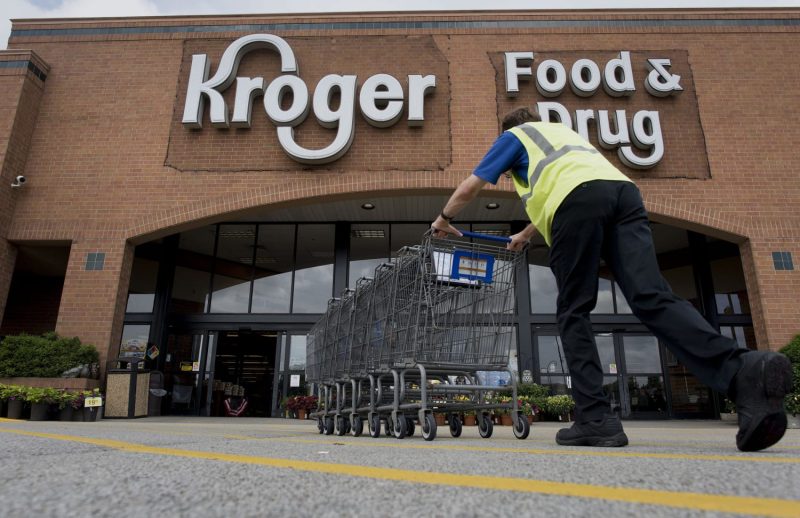In recent months, the proposed merger between Kroger and Albertsons has been a point of contention, with the Federal Trade Commission (FTC) stepping in to evaluate the potential consequences of such a consolidation in the grocery industry. As the two supermarket giants vie to combine their operations, various stakeholders are closely monitoring the outcomes and implications of this deal.
One of the primary concerns surrounding the Kroger-Albertsons merger is the impact it could have on market competition. With both companies already holding significant market share individually, a merger between them could potentially create a grocery retail powerhouse that dominates various regions across the United States. Such dominance could result in reduced competition, leading to higher prices for consumers and limited choices in the market.
Furthermore, suppliers and vendors may also be affected by this merger. A merged Kroger-Albertsons entity would have greater bargaining power, potentially enabling them to negotiate more favorable terms with suppliers. This could have a ripple effect throughout the supply chain, impacting smaller suppliers and diminishing their ability to compete in the market.
From a consumer perspective, the merger could lead to changes in pricing, product availability, and overall shopping experience. While proponents of the merger argue that it could result in cost savings and operational efficiencies that may benefit consumers, critics are wary of the potential negative impact on pricing and service quality that could arise from reduced competition.
The FTC’s role in this process is pivotal, as the agency is tasked with ensuring fair competition and protecting consumer interests in the marketplace. The ongoing evaluation of the Kroger-Albertsons merger will involve a thorough examination of its potential effects on market dynamics, pricing, and consumer welfare. The decision reached by the FTC could have far-reaching implications for the grocery industry and set a precedent for future mergers and acquisitions in the sector.
In conclusion, the proposed merger between Kroger and Albertsons is a complex issue that has significant implications for various stakeholders in the grocery industry. The outcome of this merger will not only shape the competitive landscape of the market but also impact consumers, suppliers, and other players in the supply chain. As the FTC continues to scrutinize the deal, the final decision will play a crucial role in determining the future of these two supermarket giants and the broader grocery retail sector.



























